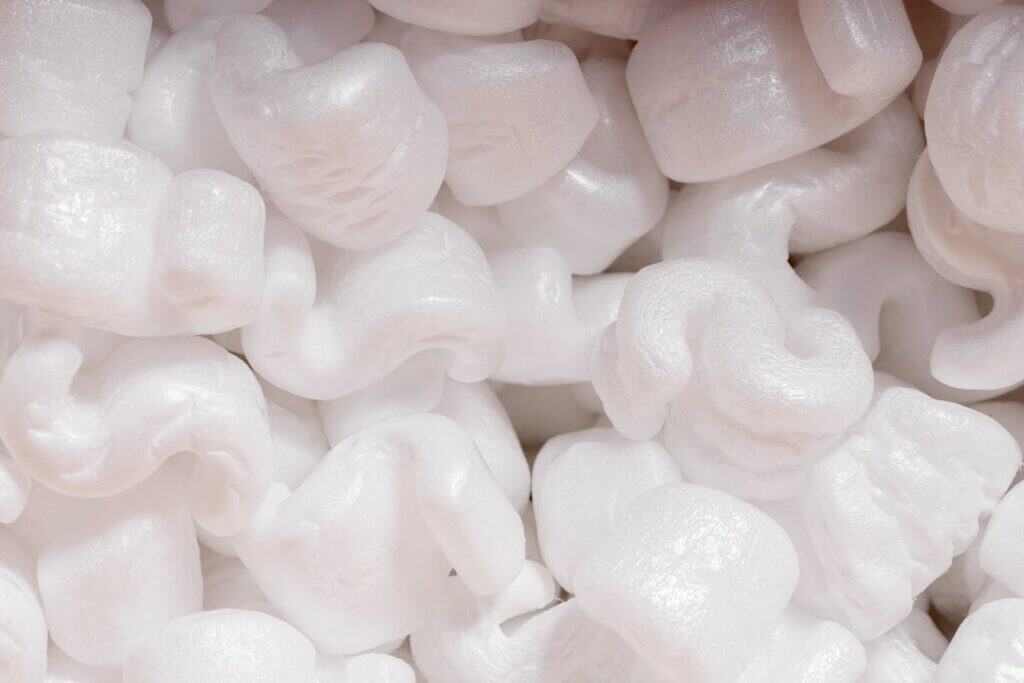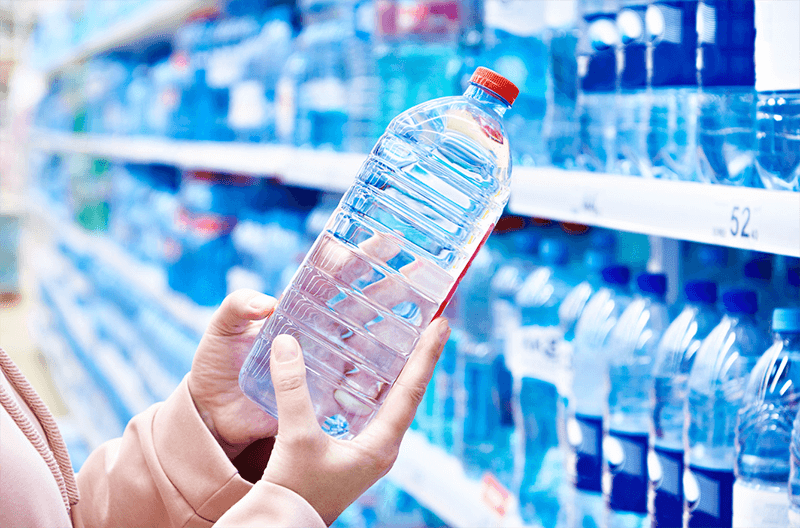The UK Recycling Industry
In recent years, the UK has witnessed a transformation in its recycling landscape, with the recycling industry experiencing growth and innovation. As we navigate the pressing challenges of plastic waste and environmental sustainability, it becomes increasingly important to recognise changes made within the recycling sector.
In this article, we will discuss key statistics on plastic recycling, how we approach waste management and the initiatives in place that have grown our recycling industry.
Plastic Packaging Use In The UK
Approximately 1.15 million metric tons of plastic packaging waste generated in the UK were sent for recycling in 2022. Of this total, some 54% was processed in the UK, with the remaining amount exported for processing abroad.
Previous statistics show that the UK stood at 44.2% in 2021, a decrease from the previous year when it reached a high of 47.2%.
How Is The UK Recycling Industry Tackling Plastic Waste Collections?
In 2021, households in the UK collectively contributed approximately 21.5 kilograms of plastic packaging for recycling. Out of this total, plastic bottles made up the majority, weighing in at 14.5 kilograms, which represents 67% of the overall amount.
While UK consumption of plastic, overall, is on the rise, there’s a growing need for greater plastics recycling infrastructure. This includes more plastic recycling facilities, and overall a greater domestic recycling capacity.
In April 2022, the packaging tax was introduced to businesses, making an impact on the UK recycling industry. The new tax applied to plastic packaging manufactured in, or imported into the UK, that does not contain at least 30% recycled plastic. This was designed to push increased levels of recycling of plastic waste, diverting it away from landfill or incineration.
Recycling Export Markets
The UK is also under growing pressure to ban exports of plastic waste and to strengthen our recycling industry. Published in 2023, Statista stated that “The UK is so reliant on exporting plastic waste that nearly half of the country’s plastic packaging sent for recycling is currently shipped abroad. Annual UK exports of plastic waste have increased massively since the turn of the century, and even though they peaked over a decade ago, roughly half a million tons of plastic waste are still exported every year”.
A Greater Need For Recycled Goods
Consumers and industries alike are showing a higher demand for recycled content. More brands continue to pledge to reduce their overall plastic use, including signatories of the UK Plastics Pact. As such, many of them will be helping to meet higher recycling targets by using more recycled plastics in their products, especially in the automotive, electrical, and construction sectors.
Global Plastic Use Continues To Grow
Largely spurred on by developing countries with newly forming economies, global plastic consumption is likely to remain on the rise for some time. As such, the adoption of efforts to improve waste management infrastructure across the globe is necessary.
Not only are people more aware of the importance of recycling plastic, but the need for proper waste management has also become more widely known. The impact of plastic waste on the environment is becoming more prominent and consumers and businesses alike are pushing for sustainable solutions.
Plastic Recycling Services
If you are a business in the UK looking to increase recycling rates for plastic waste, get in touch with our team. We can arrange a collection and ensure all your waste materials are recycled into new products, being reintroduced back into the market.








